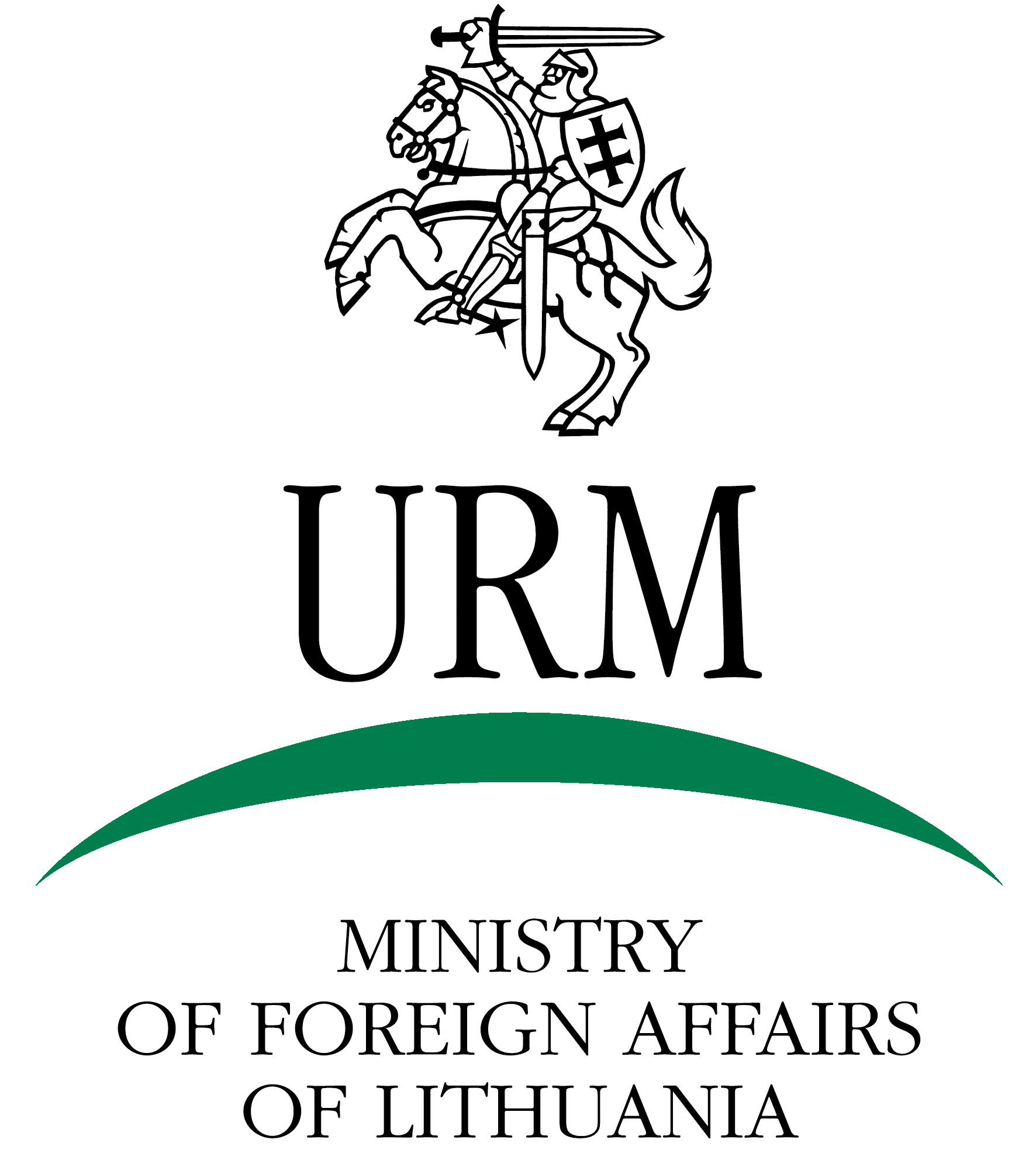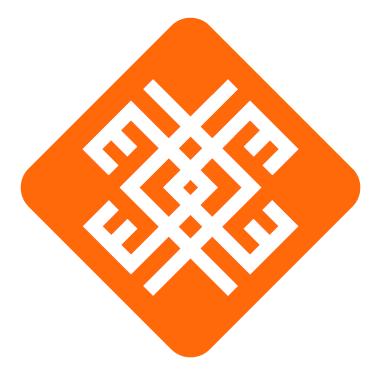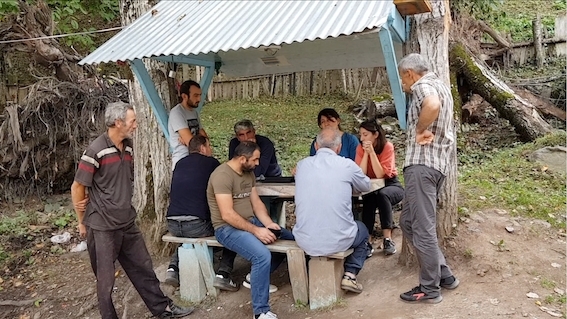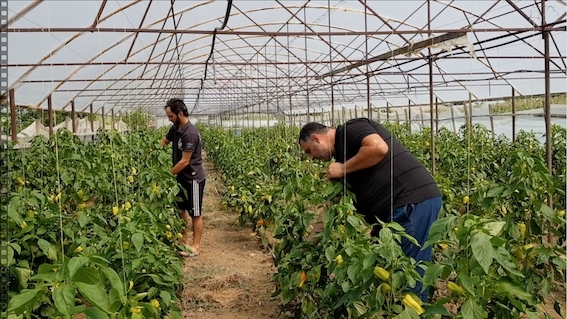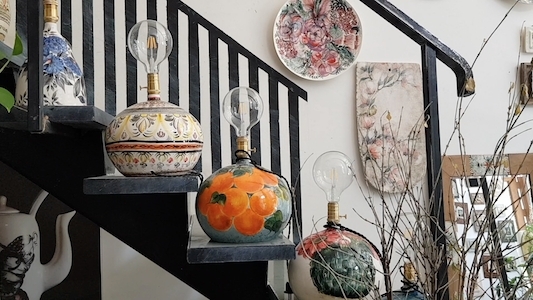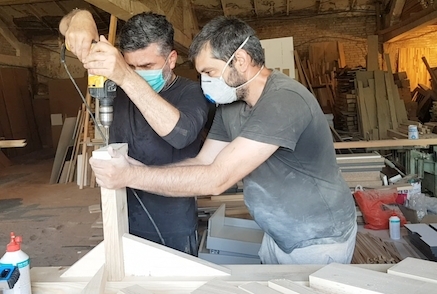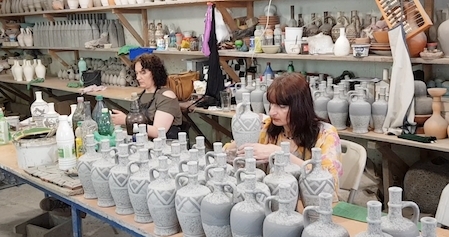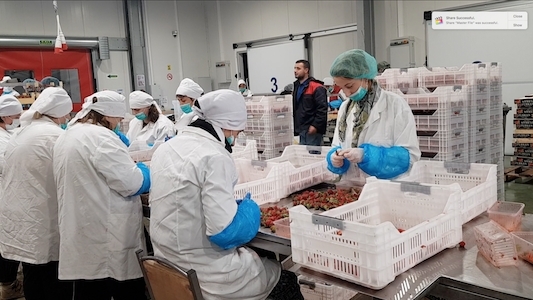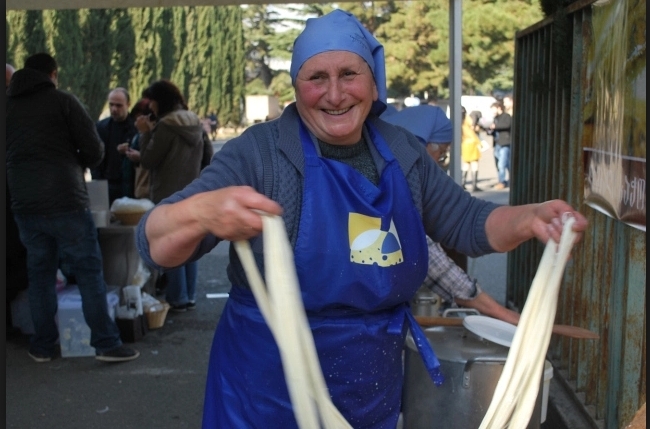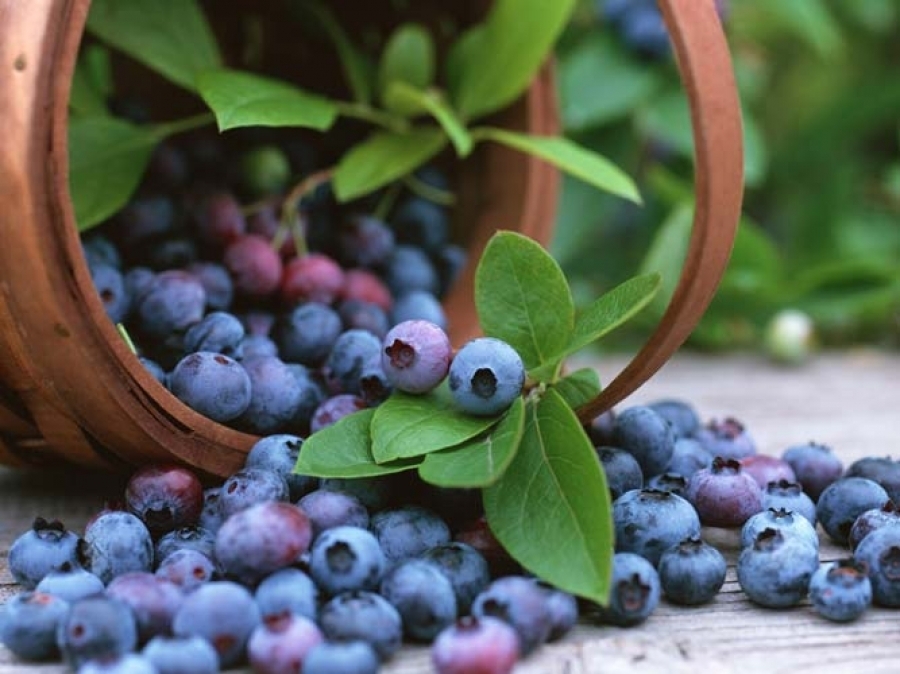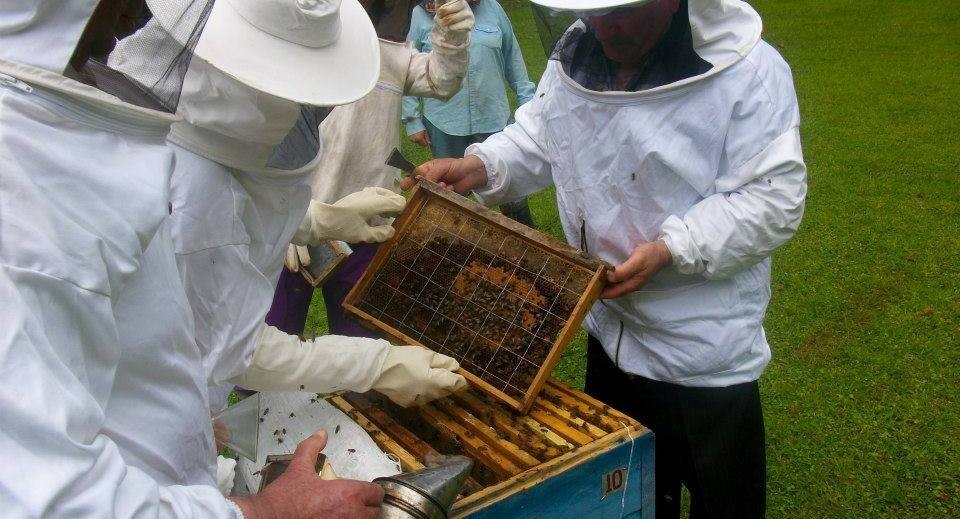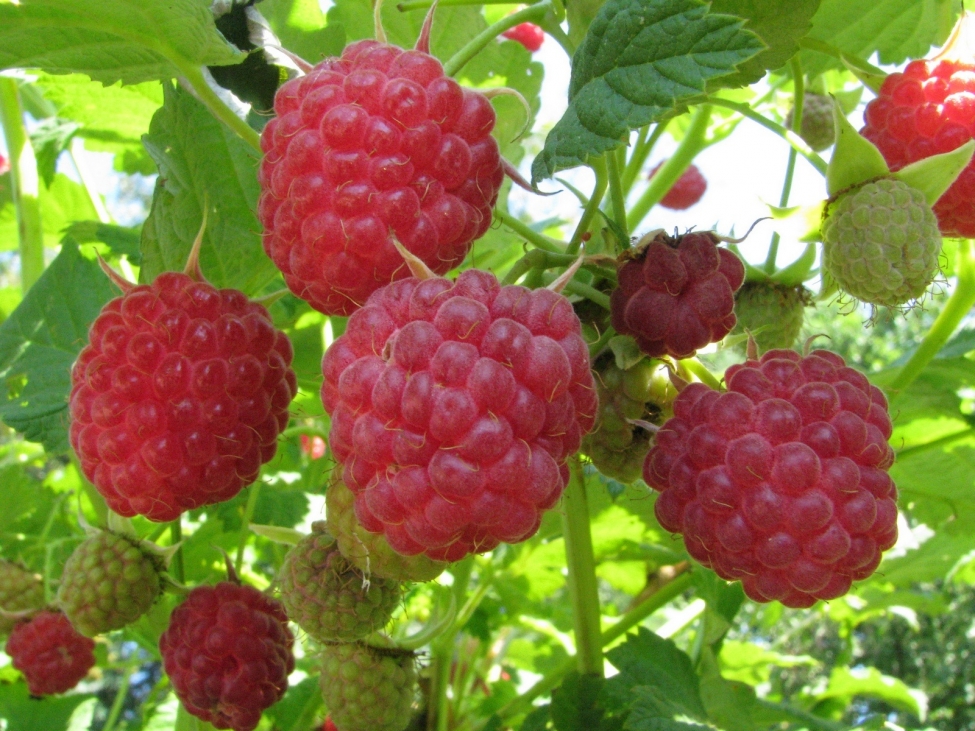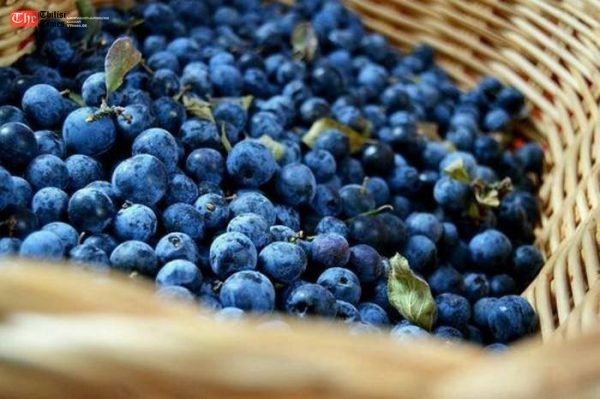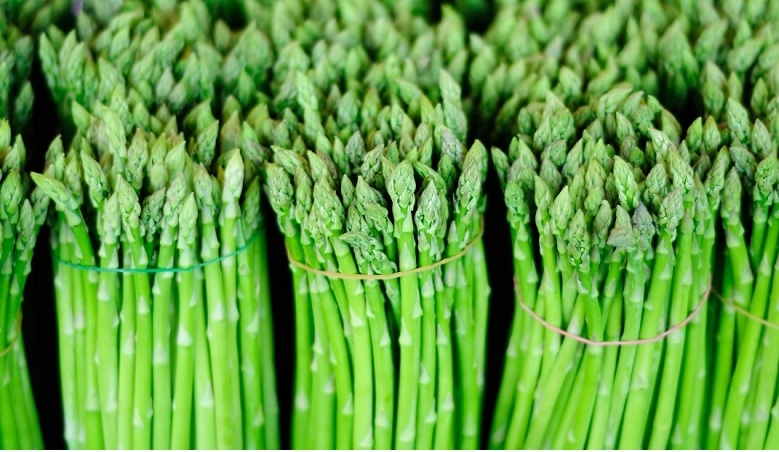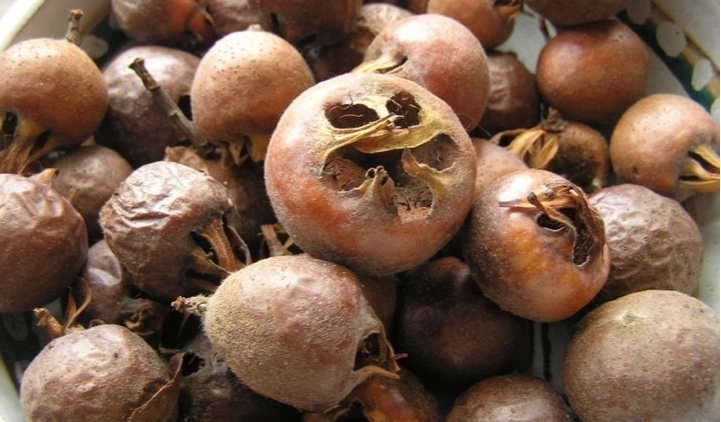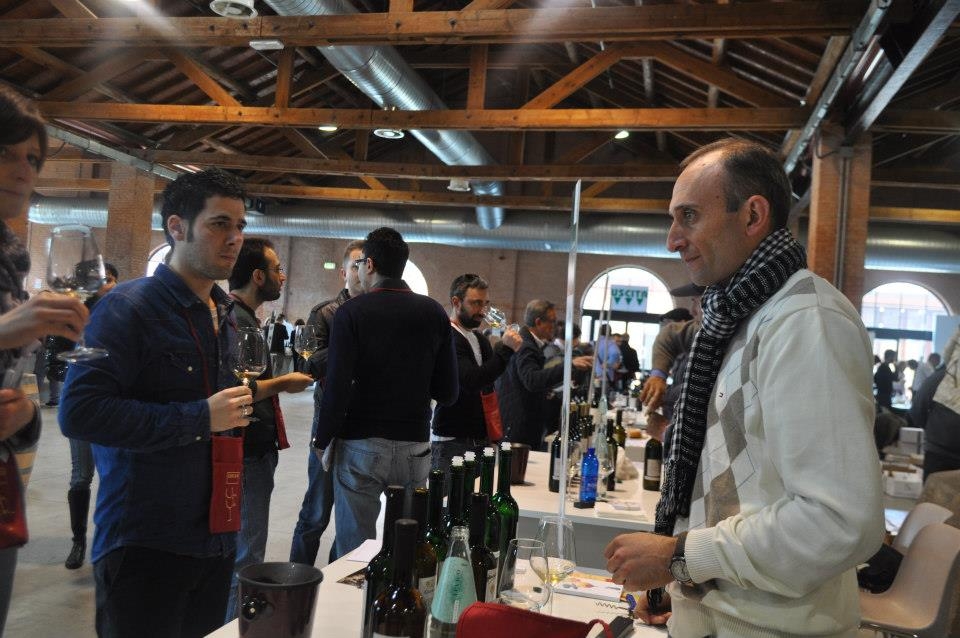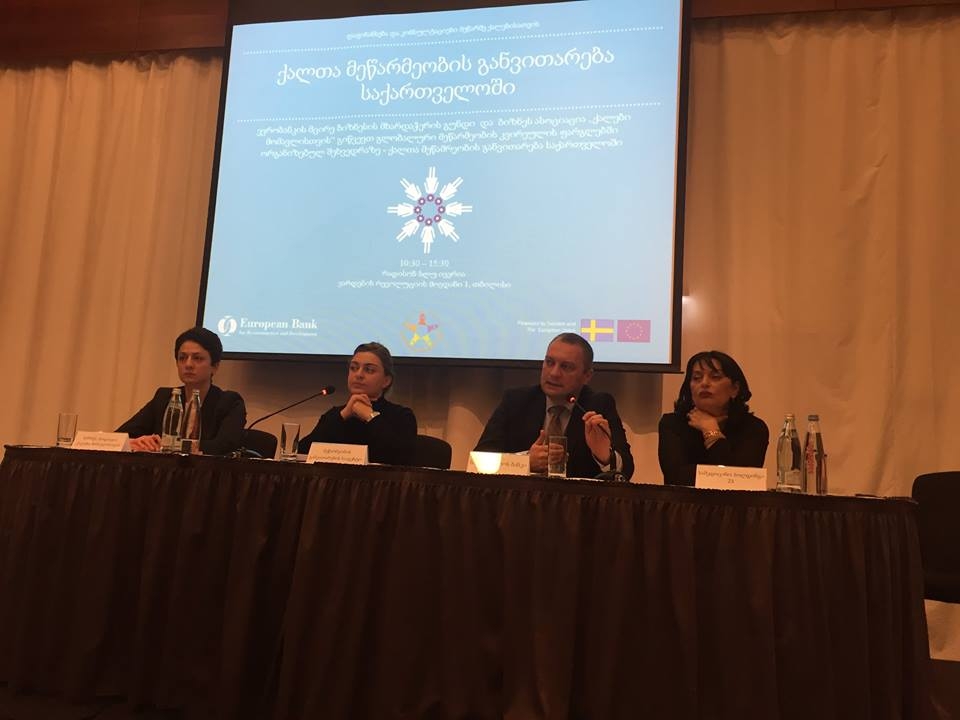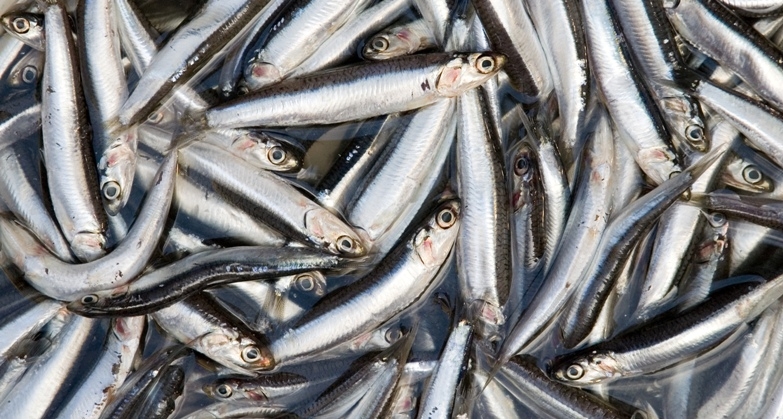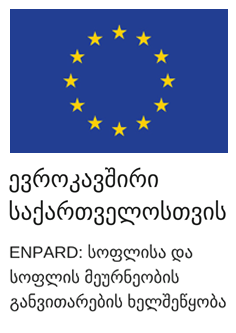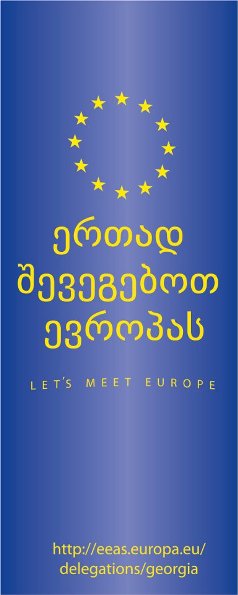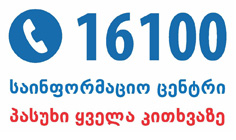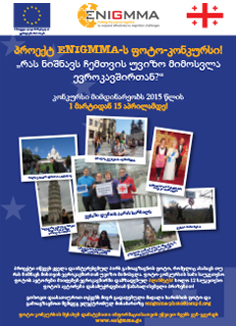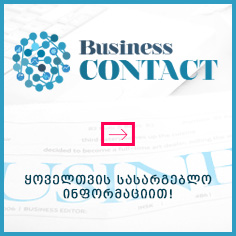"Our main challenge is to find new export destinations and enter the European market"

"CRP Wood" is the only company in Georgia, which uses "Finger Joint" technology
In 2019, furniture exports from Georgia was 2.387 million dollars. This figure is almost 5 times lower than in 2012 ($ 11.554 million). A particularly sharp decline in exports was observed in 2013-14. The share of furniture made of natural wood in the total volume of exports is very low. Experts in this field and furniture manufacturers note that despite the scarcity of resources, Georgia has the potential to find its niche in the EU market. In their estimation, this can be locally produced high quality furniture or furniture parts made of wood.
There are currently several companies operating in the country that export their products to European countries. The scale of their production is not large and obviously sales cannot reverse the downward trend in exports. As the production of natural wood furniture in Georgia is not large, therefore, it cannot be supplied to the European market on a regular basis, which excludes the possibility of a long-term contract with the customer. There is a problem with transportation and logistics as well, which makes the product more expensive.
However, there is a Georgian company that has the opportunity to increase exports to EU countries and wants to find a new customer abroad. "CRP Wood" needs help in finding new contacts. The company produces semi-finished products from natural wood with finger joint technology, wooden decorative panels, as well as cottages, decks for terraces and pools, wooden panels, wooden structures and various types of furniture. The company is in Kutaisi and it is the only company in Georgia which uses Finger Joint technology. “CRP Wood” was established in 2009. The factory uses short details obtained from the processing of wood logs, which is unsuitable for the ordinary wood factory. Only modern finger-joint technology processes the waste obtained from the cut wood and transforms it into a new product.
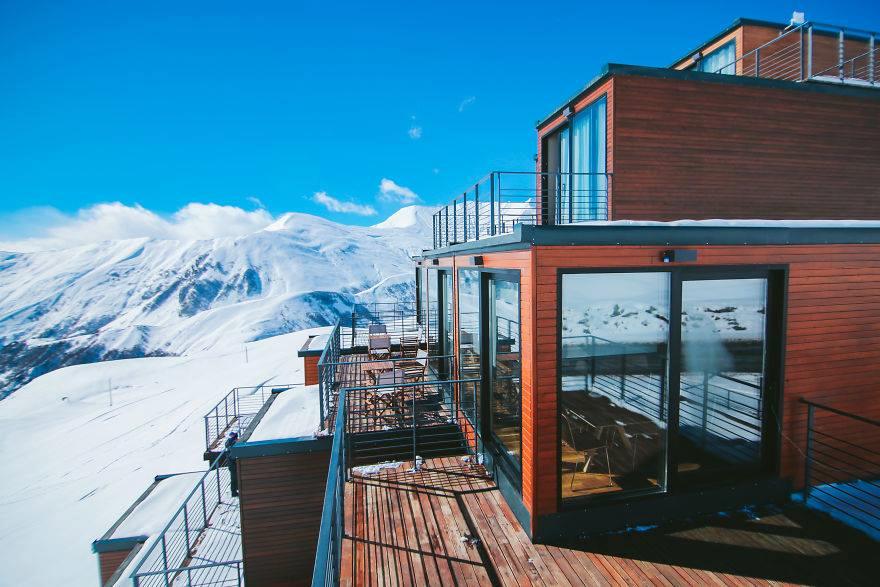
The material left over from the sawing has a form of details. The material, depending on the type and size of the wood, is first placed in a drying cabin, which has specified temperature. The process takes at least 21 days. Different wood species have different humidity, which ranges from 7% to 10%, so drying time ranges.
The dried wood details are processed in the machine and cleaned from the corrugated forms. Processed wood details are gluing with special glue. The material obtained by such a method is called lamell. The lamell are glued, cut lengthwise and pressed at a temperature of about 60 degrees, depending on the wood species, from about 15 minutes to 1 hour. The resulting product is covered with a special surface when used on the exterior facade, to protect it from environmental impact - moisture, frost, rain and sun.
The company is currently exporting materials made with finger-joint technology to the UK. 35 cubic meters of production is sent from Kutaisi to London in every 40 days. Currently, the company is ready to send another batch and is waiting for the lifting the restrictions imposed due to the Covid -19.
Manuchar Akhvlediani, the head of the company, says that the production has a much capacity, he can increase productivity, but new customers have not been found yet.
Manuchar Akhvlediani: “Our main challenge is to find export destinations and explore the European market. The contacts we currently have are not enough. We are looking for partners in Europe. We also participate in big projects inside the country, we cooperate with construction companies, but it is better for us to export to Europe on a continuous basis. The company has a potential to increase productivity by 20-30%. Once this is fully operational, the income from the export will cover the company’s costs, while the money received from other projects will be invested for expansion.
I need a sales agent who will work out a specific contract and deliver the information to a potential buyer. Then, I will start cooperation with this potential buyer. In case of contract, I would, pay the corresponding amount to the agent for each delivered product. The consultants I am talking to say they will try to sell the finished product. The thing is that we do not have finished products in the enterprise. We have the material, and we can make products. We need a buyer of these products. It would be good if a sales team could work abroad to find such customers. The product must be properly selected, we need to know what we will have to make. Finding such a customer is certainly difficult for us.
The enterprise produces 1 cube meter of production per hour. If we work in 8-hour mode, about 192 cubic meters of production will be ready per month. If Britain bought 40 cubic meters, the rest of the sale will remain. We are going to find a customer for these remained products. We also added other types of wood to have a wide range. In addition to semi-finished products made with Finger Joint technology, we also make wooden cottages. We can send it as parts in any country and build a cottage on the ground there. We can build eco houses, strong constructions. We have a carpenter where any item can be made wooden furniture, doors, chairs, tables and more.
- If new customers appear and production increases, will you have enough raw materials? Other manufacturers of wood furniture are constantly complaining about the shortage of wood raw materials ...
- We use black wood details, which can be found in the local market. This is obtained by processing the remaining firewood. Our suppliers are wood workshops. The material must be of a specified size. We buy the kind of material that is in demand. We buy 6-7 different types of materials including oak, acacia, chestnut, walnut, beech. We can also buy poplar if there is a demand. Our suppliers are wood processing enterprises, which are located in Kakheti, Tbilisi, Svaneti, Imereti. Sometimes, when there is a shortage of raw materials on the Georgian market, we import it from abroad. Another problem is that large quantities of raw materials cannot be produced by one supplier. That is why we have to buy small quantities of raw materials several times.
Mostly we have problems related with furniture raw materials. The material needed for the furniture cannot be cut at any season of the year. Therefore, we have to wait for the tree to come to the required condition. think the extraction of beech raw material will be less of a problem, because it is processed actively in Georgia. Import of oak raw materials will be required. Chestnut raw material is in question, because in Georgia only quarantine cut is possible, and we cannot use the damaged wood as a material. As for walnuts, supplies still exist.
- How competitive are your products abroad?
-One worktop made of walnut material, the size of which is about 2 square meters costs no more than $ 120, while in the UK its price is 690-750 pounds. It is an export product and is expensive. That is why the door of the walnut material of our production cannot compete with, for example, the door of MDF. Flooring made of oak and acacia material, which is 100% natural, cannot compete with laminate.
- What kind of transportation do you use for export to UK?
-It is difficult to find a company in Georgia that will take the product to the UK. So, the British customer sends the carrier himself. It costs 2500 Euros to take one container of cargo from here, and the UK carrier offers it for 1800 Euros. When the product goes by customer transport, I am still responsible for its safety. After being placed in the warehouse and stored, the buyer signs the acceptance-delivery act. Consequently, money transfer is late. Therefore, it would be better if we could send the cargo from Georgia by ourselves.
Author: Nona Kvlividze
The article is prepared with the financial support of the Ministry of Foreign Affairs of Lithuania and "Development Cooperation and Democracy Promotion Programme."
